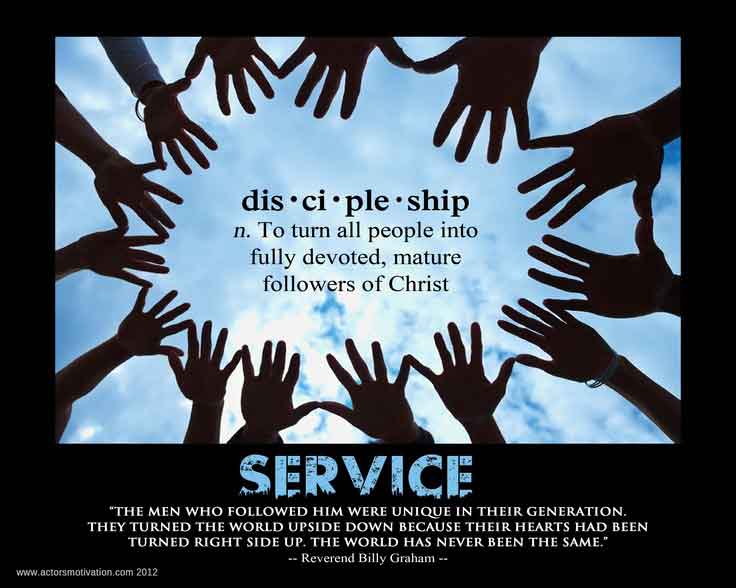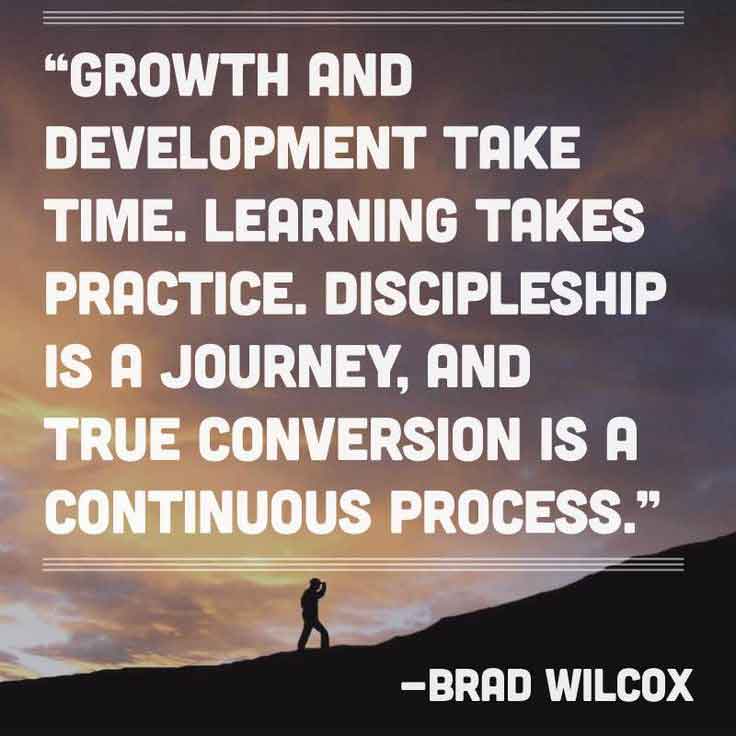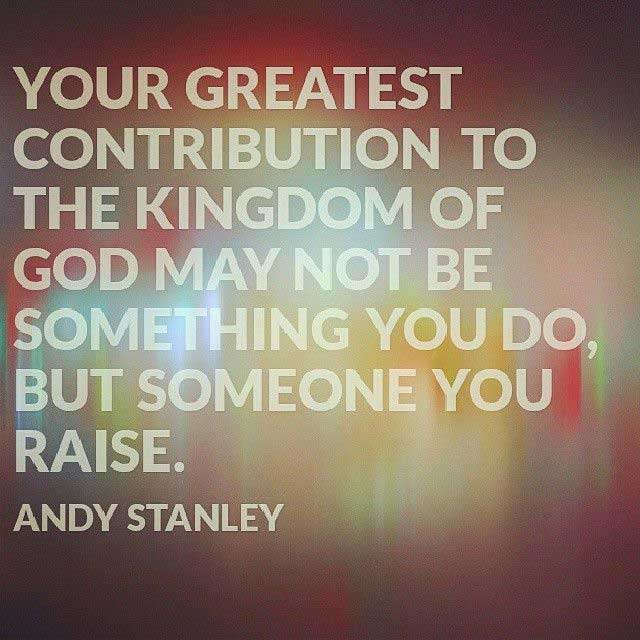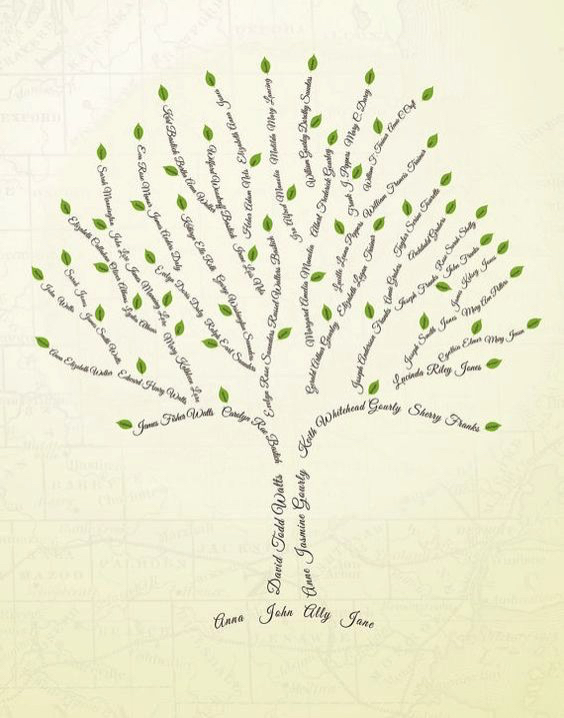OWERSPEL | ONTROUHEID | VERKRAGTING | VOORHUWELIKSE SEKS | HOMOSEKSUALITEIT | MASTURBASIE | BLOEDSKANDE | ONTUG | LOSBANDIGHEID | WELLUS | PEDOFIEL | UITLOKKEND | PORNOGRAFIE | FLIRTASIE | PROSTITUSIE | VOYEURISME | NUDISME
Seksuele sondes is ’n donker ‘abyss’ van misbruik, geweld en verwoesting. God het ons seksuele drange gegee omdat dit goed is, sodat ons geestelik, emosioneel maar ook fisies EEN met ons huweliksmaat kan raak. Ons verwelkom Sy lig, want as kinders van die lig het ons nodig dat Sy lig ons genees en al hoe nader bring na die Son van geregtigheid met genesing in Sy strale. Die Bybel lys al die sondes, maar wat is God se hart, wat is Sy begeerte vir ons?
Die kern van al die bogenoemde sondes is die fokus op self. “Self idolatry” Ek word die God, en ek moet aanbid word, ek moet kry, my wil, my plesier.
God se verhouding met Sy bruid, ons voorbeeld.
Die verhouding tussen God en Sy bruid is nie nuut nie, maar is vir ons ‘n voorbeeld oor God se verhouding met Sy kerk, maar ook ons verhouding met ons huweliksmaats. (Ezekiel 16:4-10) En Ek het by jou verbygegaan en jou gesien, en kyk, jou tyd was die tyd van liefde. Toe het Ek my vleuel oor jou uitgesprei en jou naaktheid toegedek. Ja, Ek het vir jou gesweer en met jou ’n verbond aangegaan, spreek die Here Here, en jy het myne geword.[1] Is die liefdestaal nie mooi nie? God voel oor sy volk/kerk soos ‘n man oor Sy bruid. Ons sien weer hierdie taalgebruik in Efesiërs 5. Manne, julle moet jul eie vroue liefhê, soos Christus ook die gemeente liefgehad en Homself daarvoor oorgegee het 26 om dit te heilig, nadat Hy dit gereinig het met die waterbad deur die woord, 27sodat Hy die gemeente voor Hom kon stel, verheerlik, sonder vlek of rimpel of iets dergeliks; maar dat dit heilig en sonder gebrek sou wees.[2] Dit is duidelik dat God ons wil wys hoe die liefde werk in ‘n huwelik: Soek die beste vir jou maat. Jou maat se groei, ontwikkeling, heiligmaking, opheffing, opbouing en soos Jesus word is jou fokus en einddoel. Hoe ons maat blink, skyn, en sprankel van vrede en geluk is jou beloning.
Hoerery en ontrouheid is die groot sonde van die volk Israel. Telkemale verraai Israel God se liefde deur agter ander gode aan te hardloop, en op hulle te vertrou. Die storie herhaal homself regdeur die ou Testament oor en oor. Paulus deel juis, met seksuele onreinheid en immoraliteit. (Eph 5:1-7) Weet dus dat geen hoereerder geen erfdeel het aan die Koninkryk van God nie.
Ons almal soek na Sy liefde:
Die mens het ‘n diep behoefte om opreg liefgehê te word. Ons soek almal iemand wat vir ons goed sal wees, sag en teer met ons is, geduldig en lojaal is. Iemand wat ons kan vertrou, en wat ons onvoorwaardelik liefhet. God is liefde. God draai hierdie behoefte om en stort Sy Gees in ons uit sodat ons nou ander kan liefhê soos Hy. Die vrug van die Gees is alles maniere van hoe jy liefgehê wil word, maar nou werk God Sy liefdesvrug in jou om Sy liefde uit te gee eerder as om te ontvang. Dis die eerste manier van hoe God se liefde anders werk as die liefde van ‘n mens. Liefde, vreugde, vrede, sagmoedig, geduldig, goed, nederig, geloof en selfbeheersing is God se manier hoe Hy liefhet. (Love, peace, joy, patient, kind, good, faith, meekness and temperance) Ons raak maklik verlief op iemand wat ons liefhet, waar ons vrede en tuiste vind, waar ons gelukkig is. Ons voel veilig by iemand wat nie op hulleself fokus nie, en wat in ons glo en wat hulle eie behoefte om te wil ontvang uitstel. Onlangs vertel ‘n vrou met opregte seer in haar oë dat sy liefde gevind het in die arms van ‘n ander vrou, oor haar diep teleurstelling met mans se hulle liefde wat net nie bevredig nie. Sy vind nou van hierdie Goddelike eienskappe in ‘n ander vrou. Ek wonder watter persentasie van alle seksuele misdrywe se oorsaak dalk te wyte is aan gebroke verhoudings as gevolg van ‘n gebrek aan Goddelike liefde.
Die slagveld van seksuele misbruik lê diep en wyd vol gewondes wat nie weet hoe om lief te hê of liefde te ontvang nie.
Die konteks van seksualiteit is ‘n gesonde familie.
Die eerste seksuele oortreding volgens die Bybel is wanneer ons ‘n familielid ‘n seksobjek maak, broers met susters, ouers met kinders, bloedskande. (Lev 18:17; 20:12) Die Bybelse familie het die meeste van die tyd dieselfde vertrek gedeel, wat die fokus op seks beperk het. Die meeste seksuele misbruik is egter vandag ook binne die raamwerk van familie, maar in isolasie. Die gesonde familie bied ‘n atmosfeer vir seksualiteit om normaal te bly. Familie is die wese van die Godheid. Vader, Seun en Heilige Gees. Wanneer die kerk die hart van familie verloor, verloor ons die wese van God se hart. Vaders en moeders wat mekaar en hulle kinders liefhet met ‘n goddelike vrug van die Gees liefde, maak gesonde en selfstandige kinders groot. Kinders wat hulle ouers en broers en susters liefhet op ‘n goddelike vrug van die Gees liefde, versterk die band nog verder, en maak die familie ‘n ondeurdringbare krag.
Dis met hierdie gedagte en begrip dat Paulus die Korinte gemeente vermaan; “’N MENS hoor waarlik van hoerery onder julle, en hoerery van so ’n aard as wat selfs onder die heidene nie bekend is nie: dat iemand die vrou van sy vader het. 2 En tog is julle opgeblase in plaas dat julle liewer getreur het, sodat hy wat hierdie daad gedoen het, kan verwyder word onder julle uit.”[3] Die gemeente is ‘n geesvervulde kragtige gemeente, en tog sien hulle seksuele misdrywe maklik oor. Hulle ‘tolerate’ dit! Hulle mis God se hart oor familie. Die bruid is bestem om die vrou van die Seun van God te word! Seksuele sonde is ‘n regstreekse verraaiing van God se hart, van eenheid, van Sy liefde, van Sy orde. Daarom die drastiese optrede, weereens binne die raamwerk van familie. Paulus maak dit duidelik, dat hy verwys na mense binne die huisgesin van God. (1 Cor 5:12)
Dissipline en God se Gesin
Die kern van Bybelse straf en tug is gerig om te red, nie totaal weg te stoot en te verwerp nie. Ons kyk met ‘n ewigheidsblik en motief. “Dat hy so iemand aan Satan oor lewer tot verderf van die vlees, sodat die gees gered kan word in die dag van die Here Jesus.”[4] Ons kan nog nie die wêreld oordeel nie, ons sal eendag. (2 Cor 6:2) Nou roep Paulus die kerk om die binne in die gesin van God streng te vermaan, soos ‘n Pa ‘n rebelse kind vermaan en straf. Die rebelsheid van een kind wat oorgesien word, maak die ander kinders ook rebels. Die kind moet voel hoe dit voel om uitgelewer te word, buite te wees. Sonder beskerming, sonder al die voordele. Sodat die kind tot inkeer sal kom, sy liggaam die konsekwensies betaal van sy of haar dade maar gered vir die ewigheid.
As die kerk en geestelike ouers nie ferm op tree nie, word die hele familie en gesin besoedel. (1 Cor 5:6) Dis sekerlik die waarheid van al die sondes, seksuele sonde is die maklikste oordraagbaar. Dit is ook duidelik uit hierdie skrifgedeelte dat nie alle sonde dieselfde is nie. Iemand wat verkrag word, beleef nie dieselfde seer as om voor gelieg te word, of om van geskinder te word nie. Die verwoesting van egbreek en owerspel raak gesinne, die hele uitgebreide familie, en generasies om te kom. (Mal 2:10-16) Seksuele sonde is ‘n sonde teen jou eie liggaam. (2 Cor 6:18) Dit verraai die verbondenheid en eenheid van God se liefde.
Verbond, eenwording, in verbondenheid tekens van ‘n dieper konneksie.
Die woord verbond kom telkens voor in hierdie 2 hoofstukke. God het verbond daar gestel om ons te wys op die eenheid wat in die Godheid bestaan. Jy kan nie God skei nie, hulle is een! Net so min kan ‘n man en vrou skei. Sien die blog oor hoe hierdie eenheid werk. Dit is hoekom die volgende sondes teen die karakter en hart van verbond is. “Moenie dwaal nie! Geen hoereerders of afgodedienaars of egbrekers of wellustelinge of sodomiete of diewe of gierigaards of dronkaards of kwaadsprekers of rowers sal die koninkryk van God beërwe nie.”[5] Paulus praat eksplisiet oor die eenheid tussen man en vrou en die verkeerd van egbreek. Of weet julle nie dat julle liggaam ’n tempel is van die Heilige Gees wat in julle is, wat julle van God het, en dat julle nie aan julself behoort nie? 20 Want julle is duur gekoop. Verheerlik God dan in julle liggaam en in julle gees wat aan God behoort.[6]
“en net so het ook die manne die natuurlike verkeer met die vrou laat vaar en in hulle wellus teenoor mekaar ontbrand: manne het met manne skandelikheid bedrywe en in hulleself die noodwendige vergelding van hulle dwaling ontvang.”[7] Die dwaling van homoseksualiteit probeer hulle dade regverdig, maar ‘n mens sien ongelukkig nie sy dwaling reg in die begin nie, dis eers baie later wanneer jy ouer is wat sien hoe ver jy afgedwaal het van God se plan. Hulle redeneer dat dit nie ‘n sonde is nie, hulle is dan so gemaak, so geskape deur die Here. Maar om ‘n rowwe humeur te hê van jongs af, maak nie jou humeur toelaatbaar nie. Dieselfde geld vir al die sondes. Ons is almal in sonde gebore en het ‘n innerlike geneigdheid na die verkeerde, maar dit regverdig nie ons verkeerde gedrag nie, ek is nou maar so gemaak, dit is hoe dit is nie … (Rom 2:23) Jesus red sondaars! Hy alleen kan ons verander in ‘n oomblik en ons nuwe mense maak. (2 Cor 5:27). Die krag van Jesus Christus tot redding is groter as die misleiding van die vyand.
Die verskil tussen wellus en Goddelike liefde
Seksuele sondes is egter volop in die kerk: Egbreek, owerspel, pornografie, voorhuwelikse seks, pedofiele en ook verkragting. Vir gelowiges is ons gesig gerig na Hom, en stap ons elke dag verder weg van hierdie praktyke na Sy heerlike lig. (Kol 3:1-10) Iemand wat vasgevang is in seksuele sonde eien hulleself die reg toe om bevredig te word ten koste van iemand anders. Hulle bou hulle geluk/bevrediging/plesier/genot op iemand anders se seer. God het bedoel dat seks ‘n wonderlike ‘celebration’ is van die eenheid tussen ‘n man en ‘n vrou! Dan is die huweliksdaad gemaklik, normaal en bied beide partye wederkerige plesier en genot. Dis vloei uit die vrug van die Heilige Gees.
John Piper skryf in sy boek “Sex and the supremacy of Christ” Sexuality is designed by God as a way to know God in Christ more fully. Knowing God in Christ more fully is designed as a way of guarding and guiding our sexuality” Soos my vriend Mike Wood my geleer het: “all addiction is a sign of malnutrition” Ons seksuele begeerte soek ‘n dieper konneksie as bloot net kontak met ‘n liggaam. Ons is soekend na ‘n eenheid en ‘n volheid, ‘n vervulling wat net in ons verbondenheid met Christus vervul kan word. Jesus oorwin alle seksuele temptasies omdat Hy liefhet soos God liefhet. Hy betaal vir ons sonde met Sy lewe, sodat ons vry kan wees. HY genees elke keer op ‘n ander manier, want hy wil nie net die liggaam genees nie, Hy wil ons genees op elke vlak. Die vrou wat lei aan verwerping oor haar siekte met bloedvloeiing word openlik herstel, die owerspelige vrou wat op heterdaad betrap is kry Sy genade, die moeder se seun lewe, die blinde sien.
Seksuele sonde is selfsugtig, selfbehep, self-indulgent. God se liefde gee, en gee, en gee vanuit ‘n onuitputbare fontein van wie Hy is! Soos ons groei om elke dag meer soos Hy lief te hê, herstel hy die soeke in ons eie hart, en maak ons vol, vergenoegd, en tevrede!
Die wonderlike goddelike geskenk van selibaat wees.
Selibaat wees is ‘n geskenk. Dis die eerste prys volgens Paulus. (1 Cor 7:7) Om selibaat te wees is nie ‘n vloek of straf nie, inteendeel Jesus was selibaat, Paulus verkies sy alleenwees bo ‘n huweliksmaat. Weereens vanuit die perspektief van die die vrug van die Heilige Gees, leer God ons om seks nie eerste prioriteit te maak nie. Ons kan wag. Dit is die vrug van selfbeheersing, temperance (abstaining from excess). Die jongmens wag en hou sy pad rein tot op die huweliksnag. Die man en vrou kan wag vir tye van gebed en toewyding aan God. (1 Kor 7:1-5) Daar is swangerskap, terminale siekte, maandstonde… alles tye van wag en seksuele stilte. Seksualiteit is siklies, soos die getye in die see. Ons is nie gemaak om altyd op stormsterkte te funksioneer nie. Dit is abnormaal. Paulus bring sy liggaam en vlees onder beheer, deur dit te ‘restrain’. (1 Cor 9:27) But [like a boxer] I buffet my body [handle it roughly, discipline it by hardships] and subdue it, for fear that after proclaiming to others the Gospel and things pertaining to it, I myself should become unfit [not stand the test, be unapproved and rejected as a counterfeit]. [8]
Die bruid verteenwoordig God se hart, waardes en leefstyl op aarde. Ons dade is belangriker as woorde, want ons dade preek. Wanneer kerkleiers nie daadwerklik optree en die gesin van God soos waardige geestelike ouers opvoed nie, dan verloor die kerk Sy mandaat en krag. Daarom Paulus se sterk optrede! Dit gaan oor God se eer!
Heiligmaking is hoe God die kerk gebruik om mense tot ‘n sondebesef te bring.
Die kerk se een groot opdrag is gaan maak dissipels. Bekering en sondebesef kom deur die prediking en leefwyse van die gemeente en die werking van die Heilige Gees. Let wel, ‘HEILIGE’ Gees. Wanneer die kerk sonde oorsien, sonder om die sondaar te help om bevryding te verkry, wanneer die kerk dan gevolglik lou word, verloor ons ons krag. Die sout is laf, die water is lou! Die kerk versamel nie net mense om ‘n program, persoon of gebou nie. Die kerk lei mense om ‘n lewe van “repentance” te leef. Ons laat toe dat die Heilige Gees ons elke dag, by elke geleentheid aanspreek en oortuig van sonde, sodat ons kan verander en meer en meer word soos Jesus.
Gaan lees gerus weer 1 Corintians 5, 6 en 7. Sien God se hart vir familie! Sien Sy hart en soeke na volwassenheid, mense wat sake kan oordeel en uitsluitsel gee. Sien God se hart oor die heiligheid van Sy kerk, jy die individu, die lokale gemeente en die kerk universeel.
[1] Die Bybel: Ou Vertaling. (1996). (Eze 16:8).
[2] Die Bybel: Ou Vertaling. (1996). (Eph 5:25–27).
[3] Die Bybel: Ou Vertaling. (1996). (1 Co 5:2).
[4] Die Bybel: Ou Vertaling. (1996). (1 Co 5:5).
[5] Die Bybel: Ou Vertaling. (1996). (1 Co 6:10).
[6] Die Bybel: Ou Vertaling. (1996). (1 Co 6:19–20).
[7] Die Bybel: Ou Vertaling. (1996). (Ro 1:27).
[8] The Amplified Bible. (1987). (1 Co 9:27).
















